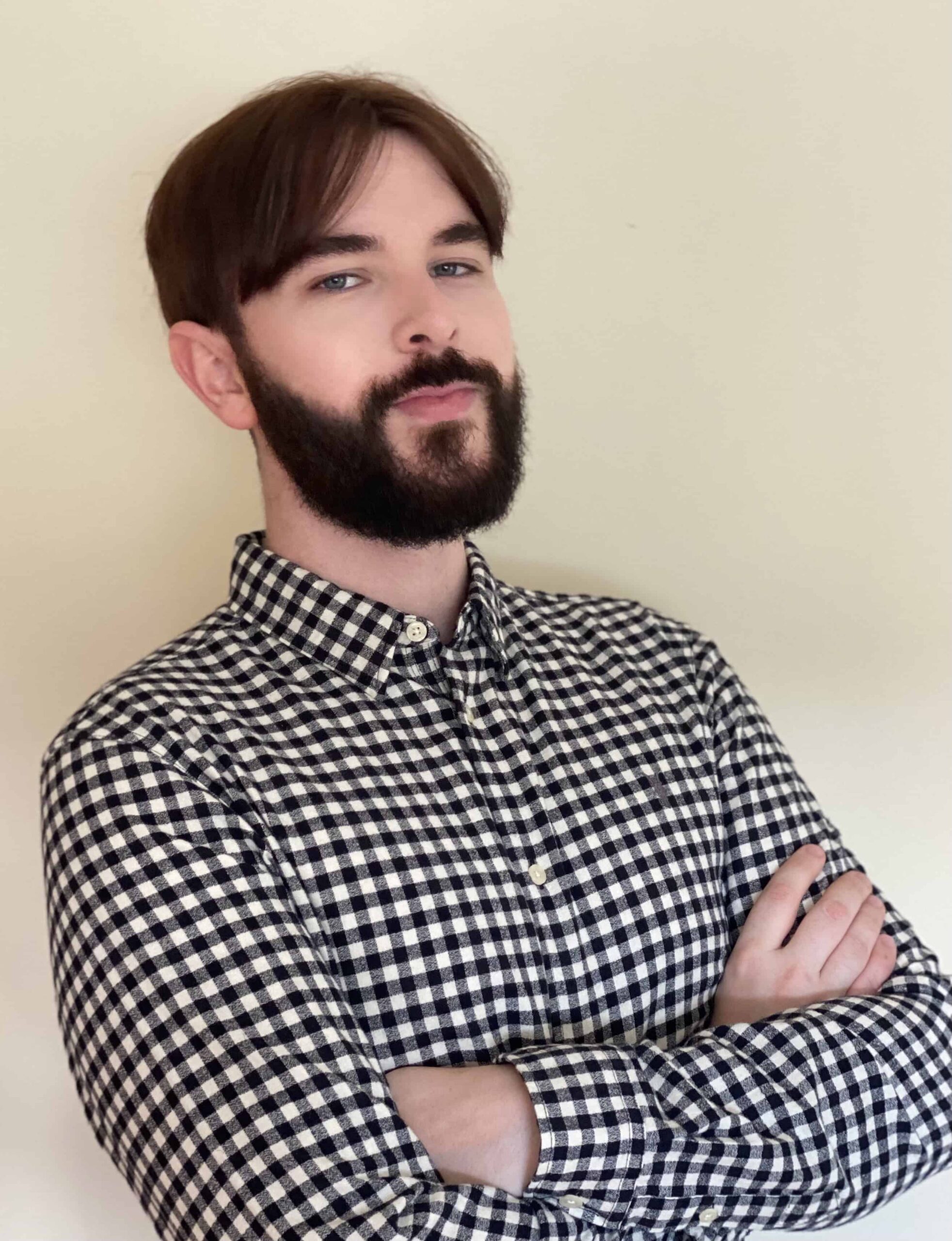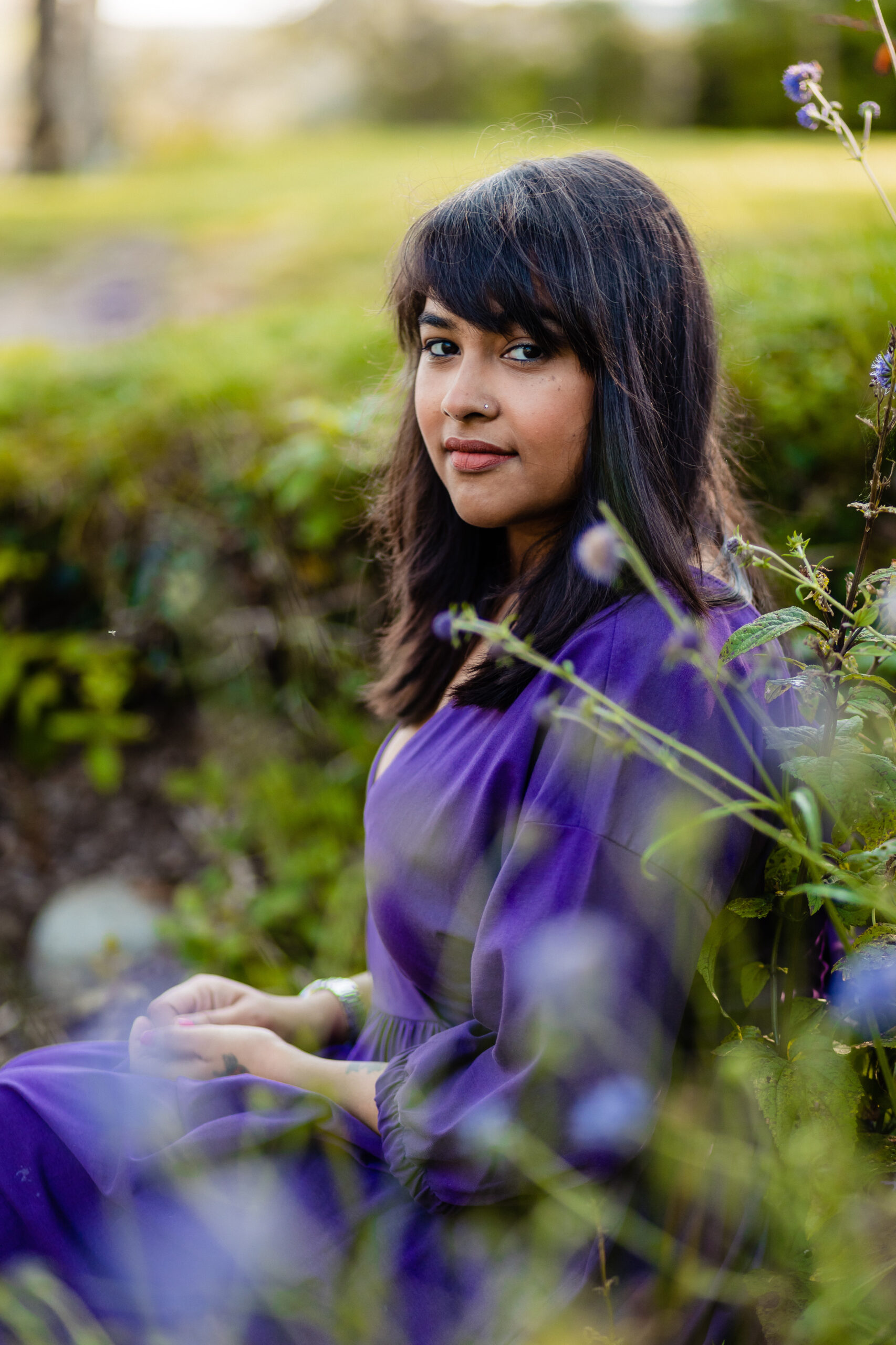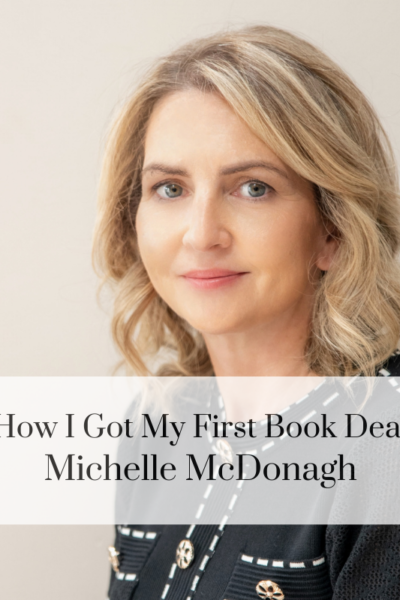By Caroline Madden Looking for the very best writing competitions? Want to win cash prizes, agent introductions and even publishing contracts? Then check out the list of 29 incredible contests below! Whether you write short stories or novels, you're self-published or have yet to be published at all, you'll find lots of incredible writing contests just right for you in this post. I've tracked down the very best fiction competitions ... Read the Post...








